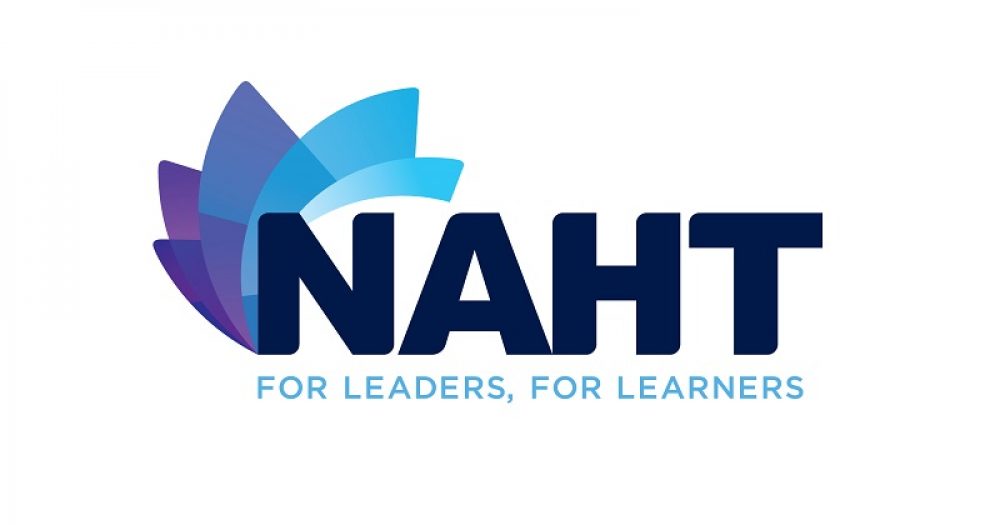School leaders’ union NAHT has produced its own guidance for schools on handling strikes after finding “fundamental and very practical problems” with government advice.
The union fell short of the mandatory 50 per cent turnout threshold but has created an advice document for the National Education Union strikes starting next month.
It said the Department for Education’s non-statutory guidance had some fundamental and very practical problems” and in places is “simply unworkable”.
Here’s the key points from NAHT’s guidance…
School closure decision ‘not political choice’
This decision should “not be a political” choice but made with a risk assessment, the guidance said. Governors and the council or academy trust should be consulted, with parents kept in the loop.
Keeping the school open for vulnerable pupils, exam years and children of key workers, as suggested by DfE, “may not be easy to achieve”, the union added.
If a risk assessment finds they can safely open – for example – 30 children, the union says they may need to open only for vulnerable children, or even a subcategory of the most vulnerable.
NAHT expects schools to make similar choices as they did during Covid.
But a designated safeguarding lead, or their deputy, should be available during school hours to discuss concerns. If they are not available, then opening becomes “problematic and advice should be sought”.
Pupils with special educational needs and disabilities (SEND) might need additional support so this should be “carefully considered” when deciding if there is enough staff to open, particularly in special schools.
‘Carefully explore’ remote education
DfE has asked schools to “consider, where possible” providing remote education if attendance is restricted.
NAHT said schools should “carefully explore” this and determine how realistic or feasible it is, for example if there are adequate supervising staff.
An employer cannot force staff taking legitimate industrial action to prepare lessons for remote learning or for use in school on the day of the strike, the union added.
Likely most staff will give strike warning
Schools can ask staff if they are taking strike action, but they have no obligation to say. Schools should ask all staff too, rather than just those believed to be union members.
NAHT anticipates most staff will be willing to give advanced warning to support with planning.
The employer will also receive notice of industrial action from the union which will provide details to help them “readily deduce” numbers striking, their job category and workplace.
Using volunteers ‘can have serious implications’
NAHT said it has “legitimate concerns” about the use of volunteers.
DfE guidance said either existing or new volunteers could “support existing staff”, although they would have to be supervised.
Consideration of using them is likely to be “fact-specific” but the “presence” of voluntary, temporary helpers “can have profoundly serious implications for the safety and well-being of pupils,” the union warned.
For instance, even if they have a disclosure and barring service (DBS) certification, there are other issues such as confidentiality, first aid training and behaviour management.
Any schools instructed to do this by the council, trust of governors are asked to “seek urgent advice” from the NAHT.
Take ‘proactive’ steps ahead of picketing
Employers have the right to refuse permission to for those on strike to picket on or inside any part of the school or trust property, NAHT said.
Ahead of any action, the union recommends asking the council or trust for their policy and arranging permissions.
For example, where the picket can take place and whether picketers can enter the ground for refreshments or to use the toilets. NAHT recommends this is allowed as long as there are no safeguarding concerns.
These “proactive” steps would ensure that lawful action can be taken while “maintaining as much control in terms of the school site as possible”.
Legal advice sought for other union staff
Staff not involved with a union can refuse to cross the picket line – meaning they are regarded as joining the strike and have similar protections.
However staff in unions which either failed in their ballot or did not vote do not have such protections.
NAHT said it is seeking legal advice on staff who refuse to cross the picket line of another union.
The NEU, whose members did vote to strike, said it has picked up 10,000 new members since voting to strike. The Edapt edu-legal support organisation said its own membership rose seven per cent since the start of term – up from two per cent in the same time last year.
















Your thoughts